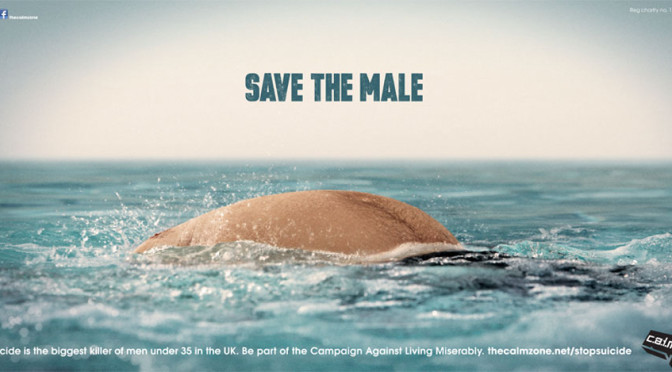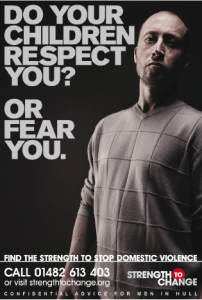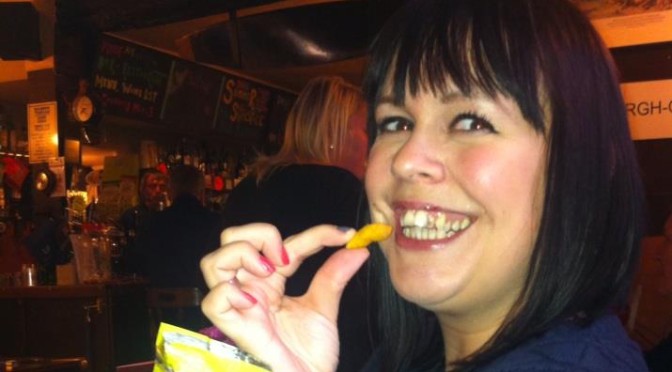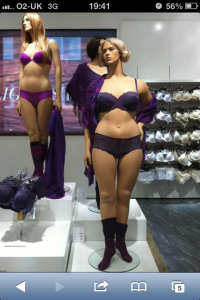Statistically, you know someone experiencing domestic violence.
I wrote almost three years ago about a friend, H, going through a truly fucking awful time. We chatted online about her partner, the destruction, what it did to her. H sent me photos of things that had been broken. We talked about the woman she saw at the school gates who H knew in her gut was experiencing something similar, and I received long messages about where H’s abusive partner’s problems started, where the anger, frustration, and violence came from. His difficult start, how he’d been let down.
Scrolling back through our messages and seeing a screenshot of a text conversation between H and her now-ex, including a glimpse of an injury; it’s very dark and very sobering. H very generously thought of me to tell her story and thought I could do it justice, and for a while I thought I could too. It’s a feminist issue- as well as a human one- and I like those a lot, so why wouldn’t I write about domestic violence? It’s so blunt and cruel and often so nuanced and complicated. It’s not like I haven’t been around manipulative people and I definitely know what a twisted relationship looks like. That sick feeling I get seeing a huge imbalance of power between two people. The subtle abuse, the not-quite violence: these are things I recognise. But I soon realised that I didn’t have anything original to say about spousal abuse. It’s something I care so deeply about but beyond my own feelings and paranoia, I didn’t feel the words come. It simply felt like a story that wasn’t mine to tell.
I offered to proof-read H’s words, edit and present them, but I found myself unable to write anything myself, even when she asked me to. We talked about this but the discussion petered out until H got in touch again in April. The media hysteria surrounding the breakdown of Mel B’s marriage was peaking and the Mail Online was having a jolly good time with it.
“Check out the comments, that right there is every last one of the reasons why it took me 15 years to leave.”
They were obviously hideous.
The notion that if a woman doesn’t leave then whatever she suffers is her fault belongs in the last century, but let nobody accuse Mail Online commenters of subtlety or human empathy. It’s a website that sexualises children and then judges young people for dressing sexily. Of course it’s massively, stonkingly popular. It’s really easy for me to laugh at the online cesspit but the reality is so grim.
“Because ultimately the biggest fear in breaking silence is that no one will believe you……… it’s what the abuser grooms you to believe and this sort of comment and debate reinforces that… [it's] just awful. “
All that your abuser has done, all the hope kicked out of you and the amount of self-worth lost, beautifully topped with the cherry of a society that can’t look at a woman being controlled or beaten by their partner and feel anything but disdain. And yes, obviously not everyone feels that way but we see and hear these messages so often that one has to actually question one’s own thinking on the subject. Still, at least the government is on our side, eh Philip Davies MP? H found these comments so depressing and angering that again she asked me to write something and again I was hit by the feeling that I couldn’t say anything important or new and therefore should probably not say anything at all. Understandably, H found this a shitty response. So then she sent me her story in her own words and it was brilliant. But man, I felt bad.
Here’s an edited extract (taking out some very complimentary stuff that I definitely don’t deserve):
“The top two searches on my browser history right now are ‘pity party’ and ‘Mel B’. Random combination I know, a little-known hobby blogger and a former spice girl! Pity Party is a collaboration written by my oldest friend and her sister. A friend who has always been in the background, always been the one, stable, non-judgemental voice of wisdom in my life. The person who has known what is right for me often years before I was inclined to agree, a friend that is younger than me but who I never managed to quite achieve peer status with as she was always that bit further evolved than I was…… until now. Until tonight as I write this post. If you’re reading this blog then I’ve finished it and convinced Laura to share it in one of the.. places that house her [writing]. In her writing, Laura is the perfect combination of empathy and logic, of straight talking and compassion that would make her the perfect person to give life to my thoughts. When Laura writes…… I listen and I want people to listen. I have stalked Laura’s blog daily, I asked her to make a comment on the storm that is surrounding Mel B right now, I asked her to put words to the absolute devastation that is invoked when as a survivor of domestic violence you are faced with everything that a google search of Mel B on the internet gives birth to.”
Yeah. I felt like a total fucker. The rest of the writing was so great, and H has said that she’s not ready for it to be out there yet but I hope she will be soon. But holy shit, I really, really felt that I’d let H down. I’m very aware of not making this about me as it truly isn’t; ultimately though, I’d been asked for help and not responded. Which is shitty. It was still another month before I could put any of this into words though, despite starting this draft immediately. I didn’t want to write just because I felt bad or guilty, but I did want to comment somehow.
Last week Refuge shared an incredible piece from The Guardian: ‘We didn’t recognise that he was dangerous’: our father killed our mother and sister. Terrible stories of heart-rending abuse are not that hard to find; one of the most moving accounts I’ve heard was Jahmene Douglas’ Woman’s Hour appearance with his mother. What that woman- and her children endured- is beyond my comprehension. The brilliance of the Guardian article is that there wasn’t physical violence in Luke and Ryan Hart’s childhood, but their father Lance was an emotionally abusive, controlling, and manipulative father and husband who turned to violence when he finally lost control of those he had sought to have it over. These behaviours- and the excuses we make for them- can have terrible effects.
From the piece:
“Lance was not physically abusive – largely, the brothers believe, because they all worked hard to orchestrate a calm atmosphere at home, and because they gave in to his emotional demands. They didn’t think of his behaviour as domestic violence, because they had only ever considered domestic violence to be a man hitting a woman. Lance didn’t consider his actions to be abusive, either. “Yes, we bickered, but it wasn’t serious,” he wrote in his suicide note. “It was normal marriage stuff. No violence.” For some months, Claire had been keeping a diary of everything Lance said and did, but didn’t feel she could take it to the police because there had been no physical harm.”
If you’ve ever known a person who dictates the atmosphere and outcome of a situation according to their own feelings, this will resonate. It’s real behind-closed-doors stuff, it doesn’t leave a physical mark, but it’s devastating whether it ends in violence or not. And finally, I felt like I had something to say about spousal abuse and domestic violence; I couldn’t put into words anyone else’s experiences but I kept thinking about how these behaviours are so easily excused. How we allow people to be ‘grumpy’ or ‘sensitive’ or excuse their behaviour as being a foible of their personality when actually they are acting as a dictator, taking more than their share. Since I read the piece in The Guardian, I have thought about it a lot. I’ve thought about it in terms of behaviours I’ve witnessed, and in terms of how I act as a very emotional person. In terms of my own life, and in terms of seeing an interaction between a couple and having that gut feeling that something isn’t right. It’s reminded me that abusive behaviour can lead to violence but it is destructive in and of itself. I haven’t directly experienced domestic violence but there is a lot in the Harts’ story to recognise.
I’m still not sure what to say on this huge subject, but I know I want to remain vigilant. I’ve taken some of H’s writing and used it here and I hope she doesn’t mind. I just couldn’t para-phrase what she had said and not include the actual power of it. One thing I can rely on is that she’ll tell me if she’s pissed off, but it’s my sincere hope that she will see this as my effort to say something. I’m sorry it’s a bit late.
I know H has incredible words and I hope one day I can help her to shout them.
Image credit: Jessica Lock at the Noun Project.
Category: Life





